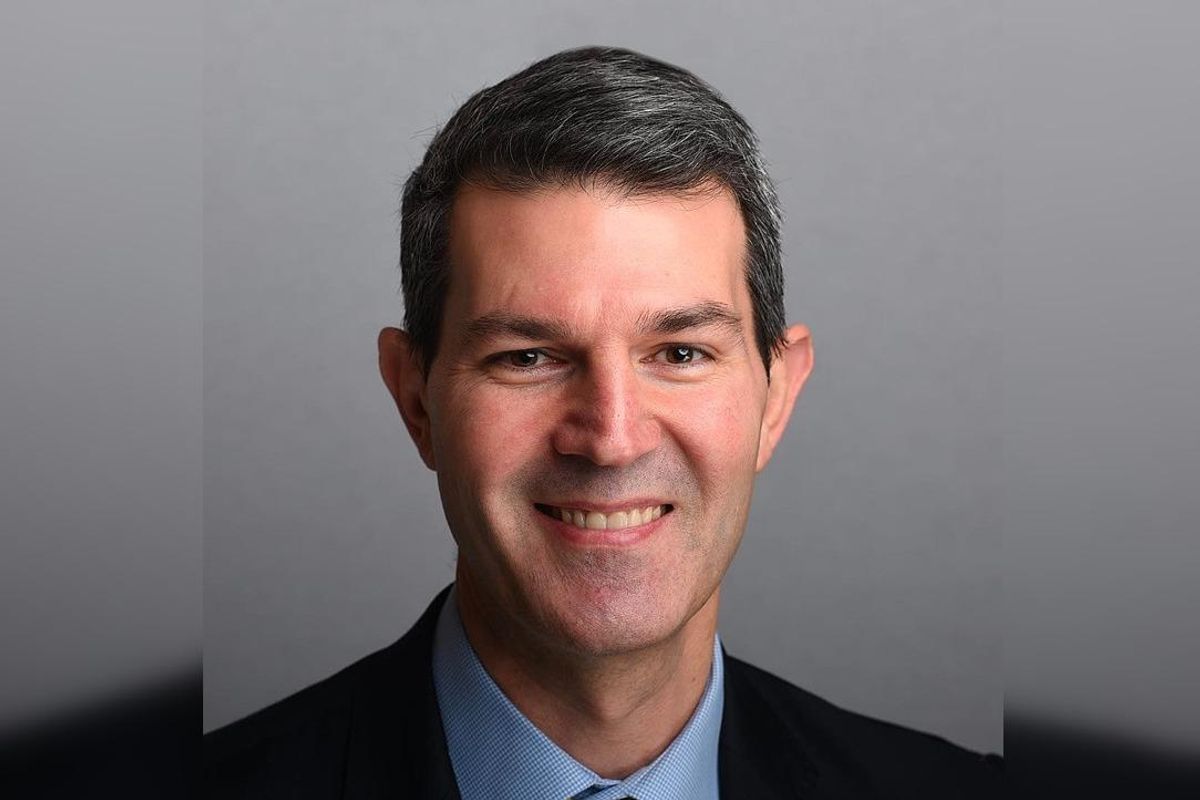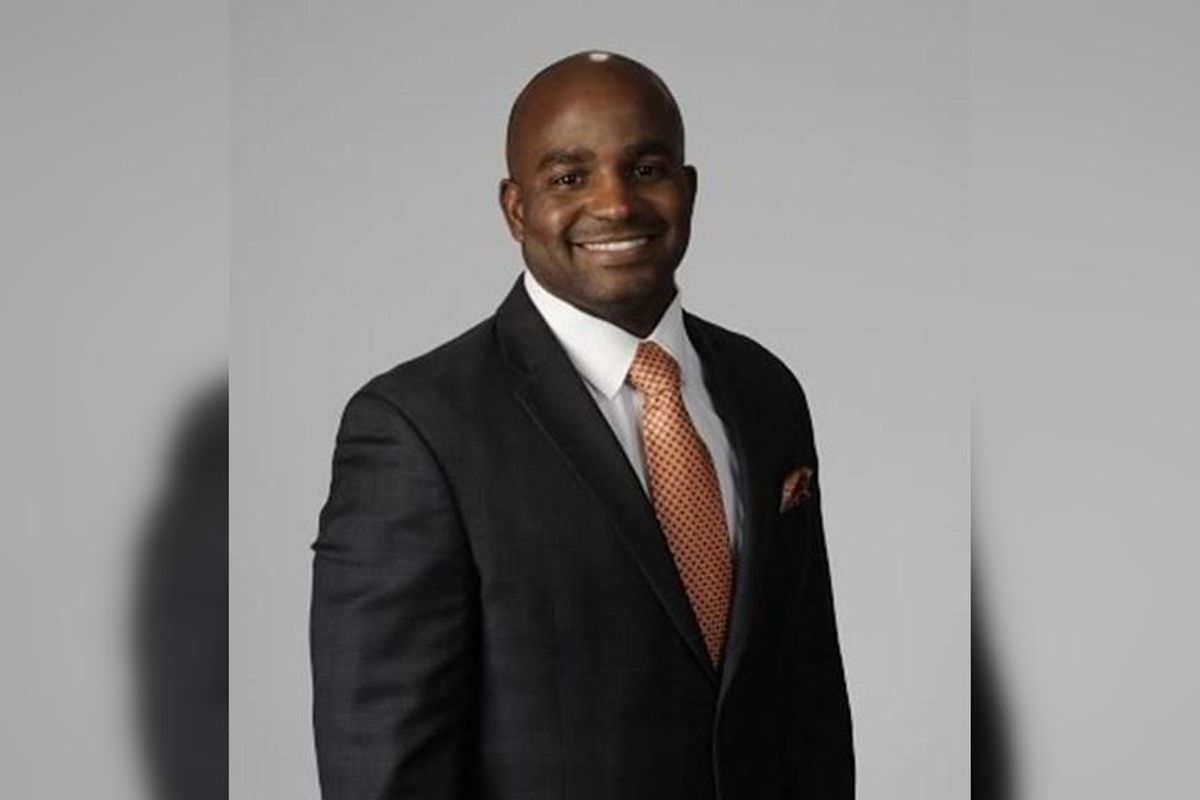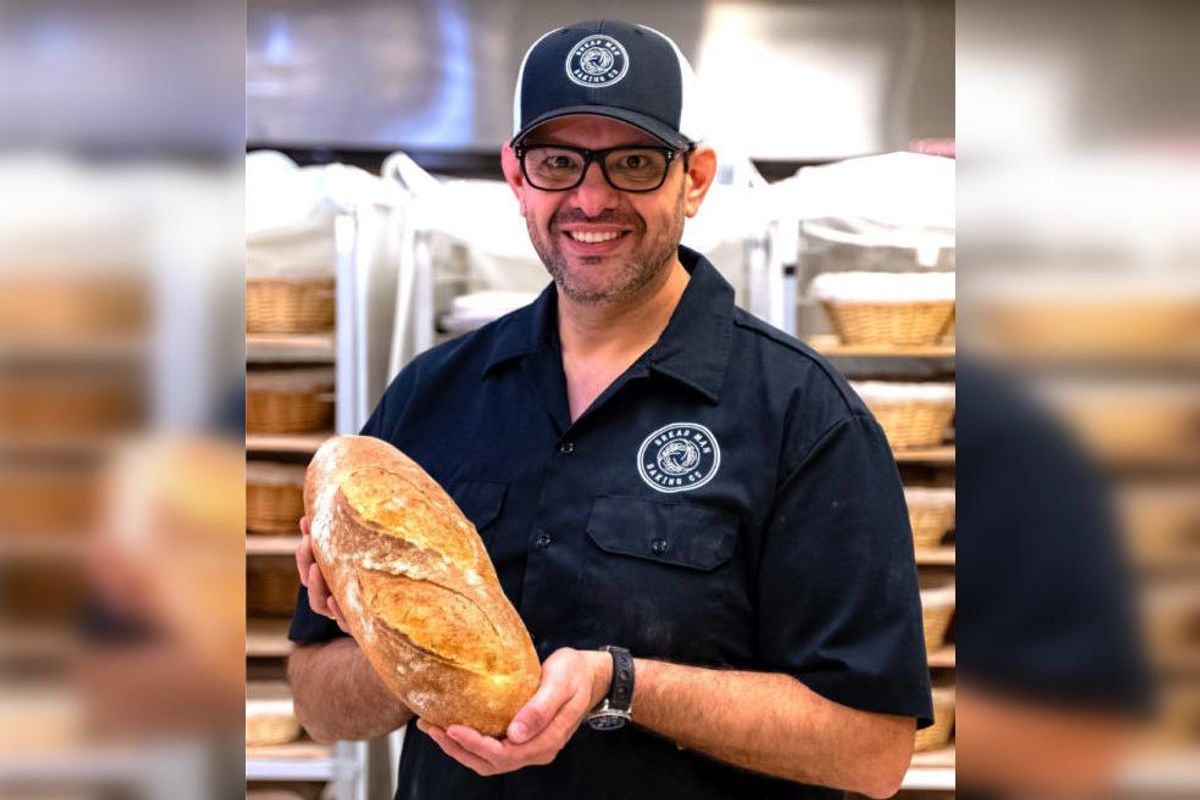Here's which of the 2022 Houston Innovation Awards finalists are hiring
Growing biz
After scouring Houston for the best of the Houston innovation ecosystem and evaluating dozens of companies, InnovationMap and Houston Exponential have announced the finalists that will be honored at the 2022 Houston Innovation Awards. But which of these companies are growing their teams?
Turns out, almost all of them have open positions — some planning to double their teams over the next year. In fact, the 30 companies that make up the cohort of finalists are looking for over 150 new employees — some have these positions open now and others are seeking these new team members over the next 12 months.
Click here to get your tickets to the 2022 Houston Innovation Awards Gala.Let's look at how many new hires these top startups are looking for.
Double-digit growth
When it comes to the awards finalists looking to scale their team by 10 or more new employees, five companies are looking to enter this type of hiring spree. Blue People, a finalist in the BIPOC-Founded Category, is hiring 25 new employees. The company was founded in 2015 in Mexico and relocated its primary operations to Houston in 2020. Blue People, which develops software innovation for tis clients, has over 150 employees — seven of whom, including C-level executives, are based in Houston. Some of the company's new hires will be based in town.
Another company that's also relocated its operations to Houston recently and is growing its team significantly is Venus Aerospace, creator of a hypersonic spaceplane capable of one-hour global travel. Venus, a finalist in the New to Hou category, currently has a team of 60 people and is based out of the Houston Spaceport. The company is hiring an additional 20 people.
Fast-growing B2B Software finalist Solidatus — a data management software solution — has 16 open positions, including five in the US. According to the company, they hope to have reached a headcount of about 140 within the next 12 months — up from their current 110 employees.
NanoTech, a Green Impact finalist and materials science company, is looking to nearly double its team of 20 to add an additional 15 new employees.
Competing in the People's Choice category, LevelField Financial — a financial service platform that serves customers interested in the digital asset class — is looking to hire 10 people to join its team of 19 employees.
Steady as she grows
Six Houston Innovation Awards finalists are in the process of adding more than a few new team members. Rivalry Technologies, a finalist in the B2B Software and People's Choice categories, is hiring seven people to join its team of 13. The company created a mobile ordering solution — called sEATz — for arenas and recently rebranded and expanded to provide the technology to other industries.
Founded in New Orleans and relocated to the Houston area last year, Fluence Analytics has a total of 30 employees and is looking to hire an additional six new team members. The company, which created a real-time analytics solution for the chemicals industry, is also a finalist in two categories: Hardtech and New to Hou.
Biotech company Cemvita Factory — both a Green Impact and People's choice finalist — has already scaled to employ 75 team members. Now, the company is hiring an additional five more.
Encina Development Group — circular chemicals company for the consumer products and packaging, pharmaceuticals, construction, and other industries — is also looking to add five more team members to its 30 employees. The company is a finalist in the Green Impact category.
Another Green Impact finalist is IncentiFind, a database for green building incentives that's transforming real estate, is hiring five new employees to almost double their team of eight.
INGU, a New to Hou finalist, is a pipeline inspection solution to achieve Net Zero and ESG compliance for the water and oil and gas pipeline infrastructure. The company is seeking five new team members to join its 19 employees based in Houston and Canada.
Seeking selectively
The following awards finalists are looking to grow their teams by just a handful or so — between one and four — of new hires:
Find out which of these employers take home the win at the November 9 gala at the Ion. Click here to RSVP.



